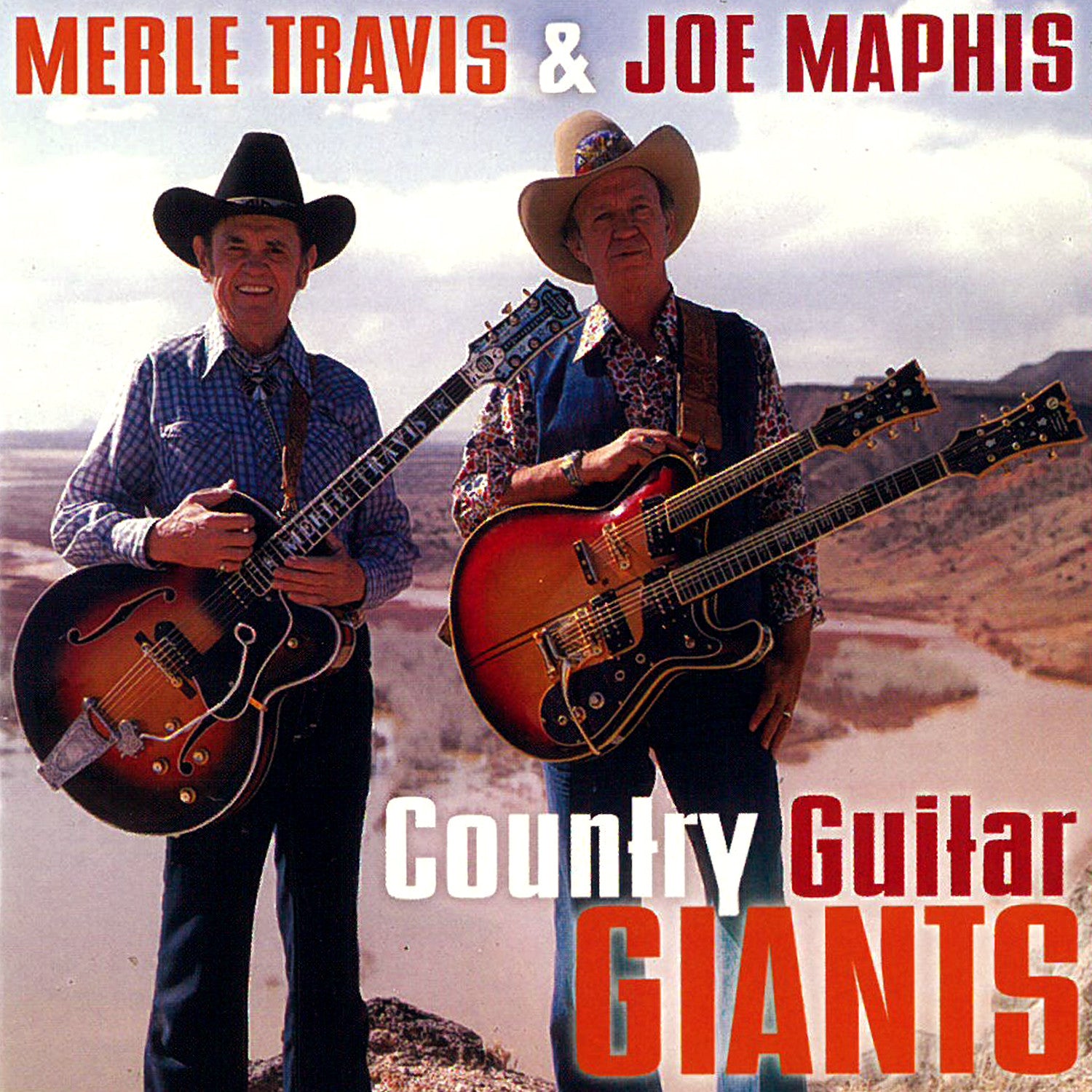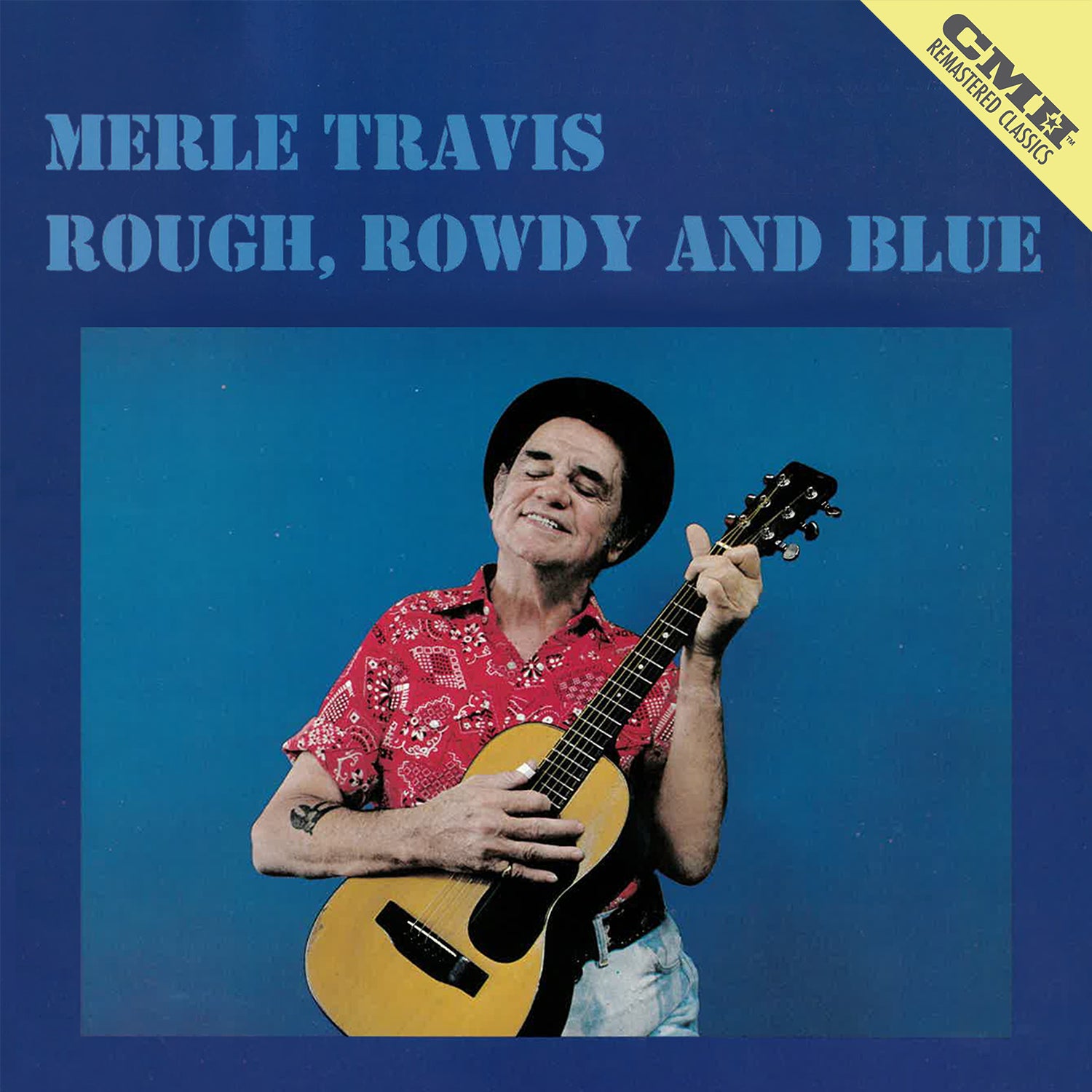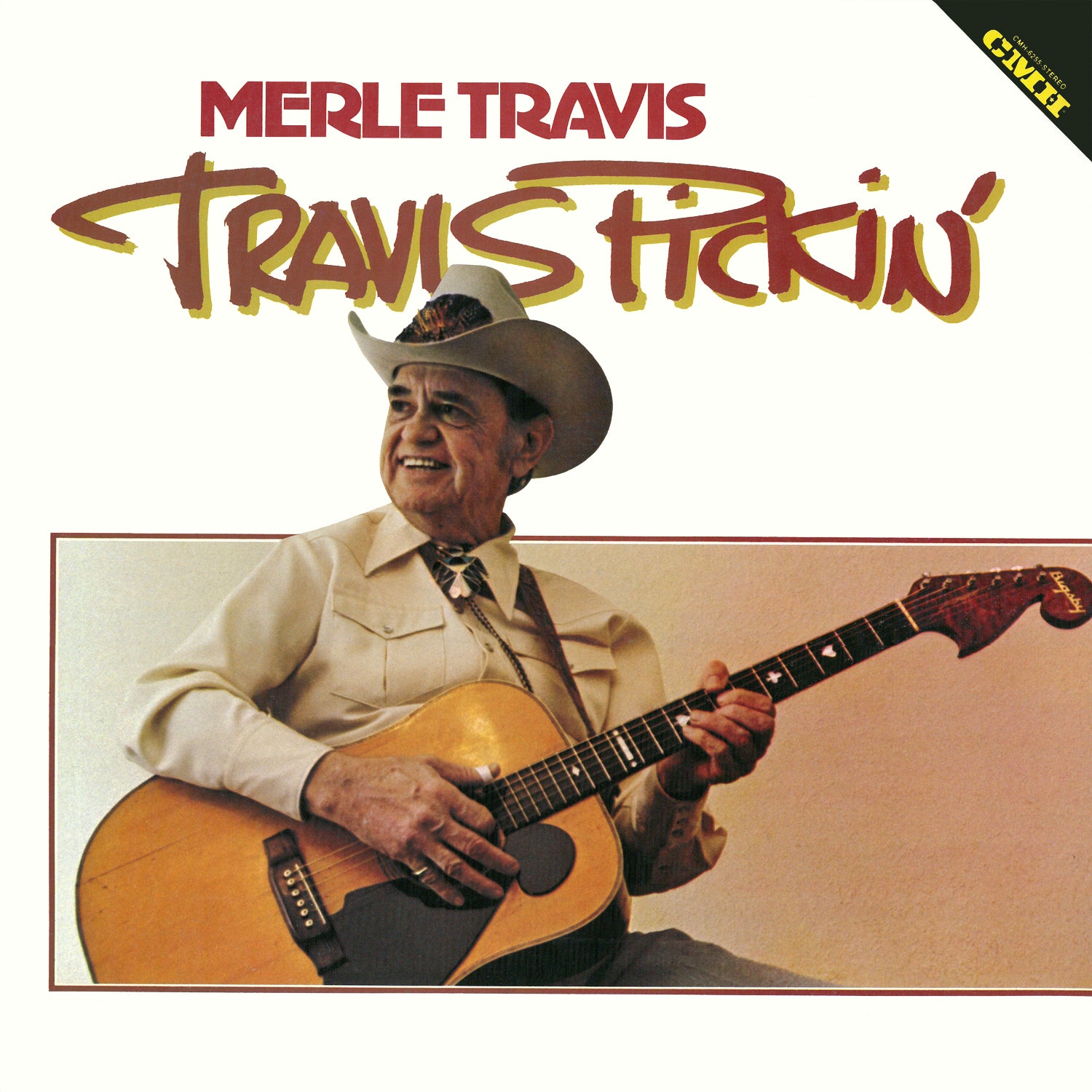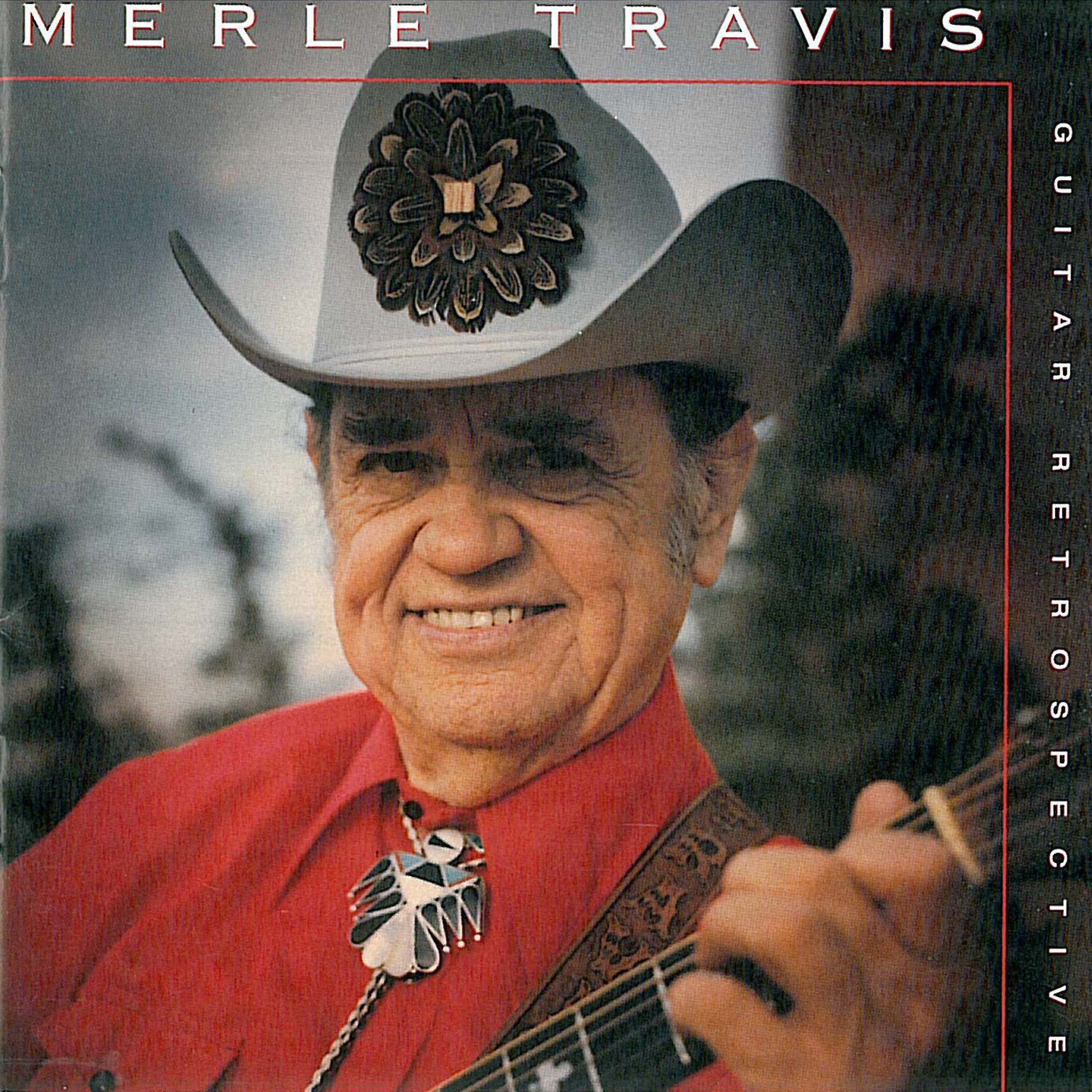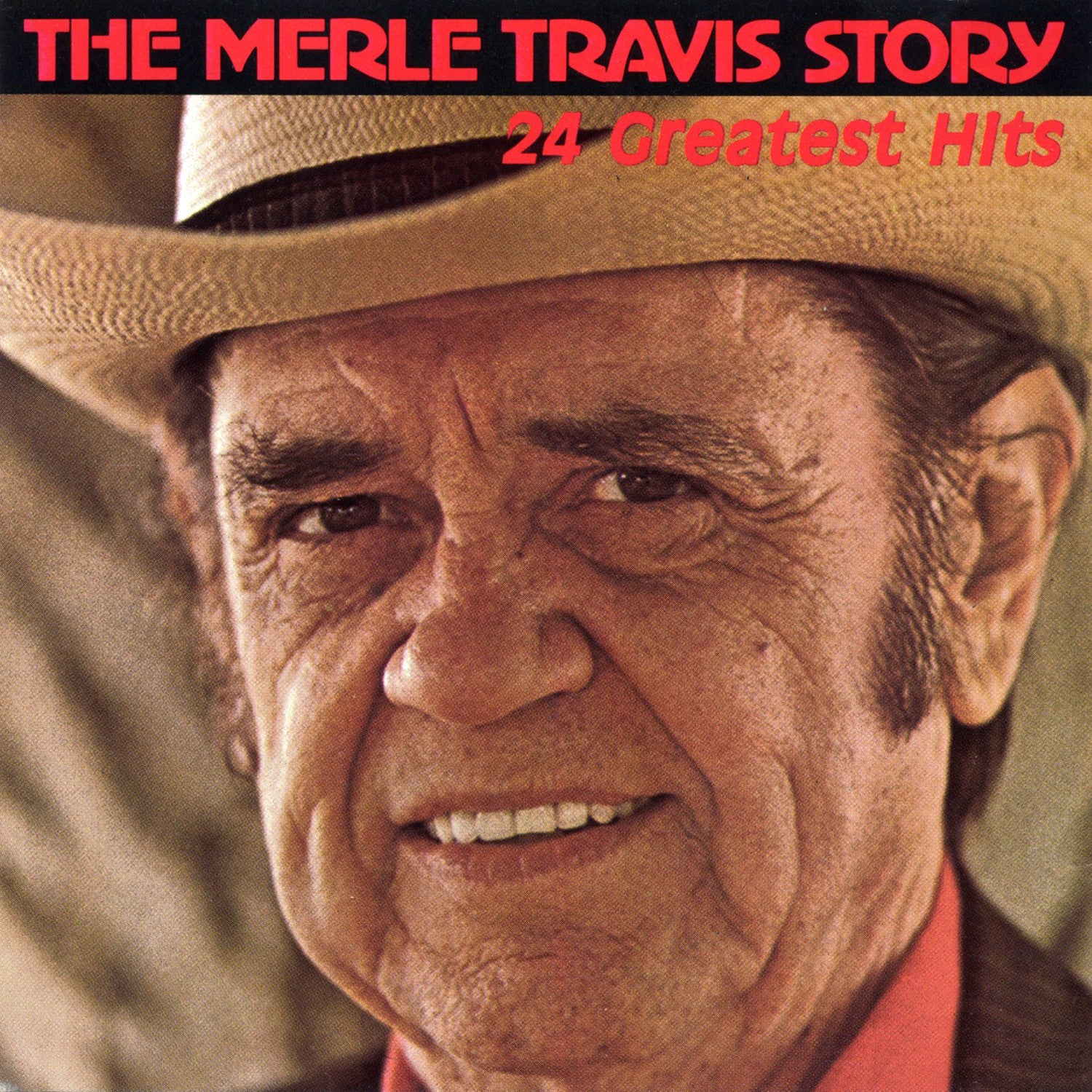Merle Travis
The son of a farmer and coal worker, Merle Travis was born in Rosewood, Kentucky in 1917. Situated in Muhlenberg County—a historically prevalent site for coal production in the U.S.—, Travis took great influence from the industry that surrounded him and the culture around it. At a young age he picked up the local songs and the regional style of fingerpicking the acoustic guitar.
Before long Travis became a major voice in country music as well as an expert songwriter and a great innovator on the guitar, developing his own approach from the local style of playing, which later became widely known as “Travis picking.” He additionally designed what is considered an early (if not the first) solid body guitar (built for him by Paul Bigsby), which may have laid the format for Leo Fender’s mass-produced Broadcaster model.

After moving to Los Angeles in 1944 and making a living playing minor roles in Western films, Travis made his musical debut with the 1947 album Folk Songs of The Hills. Alongside work by Frank Sinatra and Woody Guthrie, Folk Songs of The Hills is considered an early example of the concept album, with Travis telling stories to introduce traditional songs intermingled with original works. Travis’ artistic approach earned him a reputation among musicians and made him an inspiration for country and folk musicians for decades to come. The album spawned two of his most long-lasting songs “Dark as a Dungeon” and “Sixteen Tons” and helped enter several traditional songs into the standard repertoire.
From there, Travis continued working as an actor, musician and radio performer, releasing over 20 full-length albums in his lifetime. From 1979 to his passing in 1983, he recorded eight albums for CMH, including the Grammy-nominated instrumental album Travis Pickin’ and an unlikely collection of blues songs called Rough, Rowdy and Blue. Several collections of recordings by this country hero have been released posthumously, owing to the depth of his talent and output. Travis was inducted into the Nashville Songwriters Hall of Fame in 1970 and elected to the Country Music Hall of Fame in 1977.


